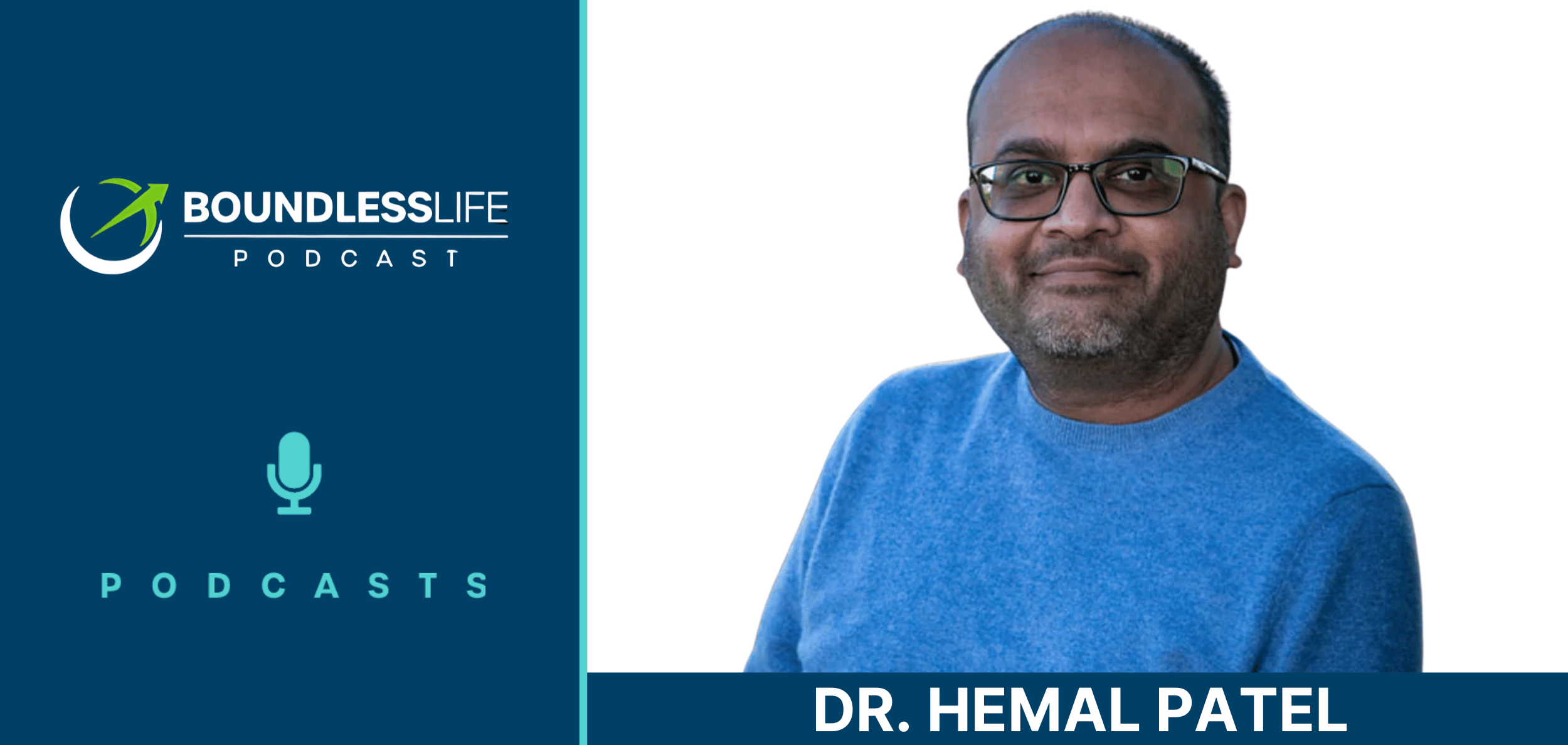What is wrong with the NHS?
9th October 2023 (With lessons from, and for, all other health services around the world) Whilst awaiting the Judgement on my libel trial – three months from the hearing and counting – I decided to write about things other than statins and cholesterol. Lest I damage our case in some unforeseeable way. I do this […]
9th October 2023
(With lessons from, and for, all other health services around the world)
Whilst awaiting the Judgement on my libel trial – three months from the hearing and counting – I decided to write about things other than statins and cholesterol. Lest I damage our case in some unforeseeable way. I do this humbly, as a public service. To keep people informed, and perhaps amused. Today, I shall touch upon the issue of:
Spending vast amounts of time on things that are almost completely useless.
Guidelines. Guidelines, guidelines, and more guidelines – and other mandatory stuff. These cascade down upon all health services from on high. As a starting point, and mainly because it is the most recent thing to hit my desk, we can cast our eye over gambling.
It’s true that many people’s lives are destroyed by gambling. But is it an illness, or a disease? NHS mental health director Claire Murdoch certainly thinks so. In the most recent missive from National Institute for Health and Care Excellence (NICE) Dr Murdoch not only describes gambling a disease, but a ‘cruel’ disease. Unlike all those cute and cuddly diseases we deal with on a daily basis. As she states:
‘Gambling addiction is a cruel disease that destroys people’s lives. We will work with NICE on this consultation process.’ 1
Here from the draft guidelines:
‘Health professionals should ask people about gambling if they attend a health check or GP appointment with a mental health problem, in a similar way to how people are asked about their smoking and alcohol consumption, according to new draft guidance from NICE.’
As you may have gathered from this, asking people about their gambling hasn’t happened yet, but it will. Once NICE has reached the dread stage of a consultation process, it is basically a done deal. ‘We shall consult with all relevant ‘stakeholders*’, then do exactly what we have already decided to do’. Yes, I do love a consultation. ‘We consulted, but we heard only what we wanted to hear, and ignored everything else.’
*stakeholder is a word that, in my humble opinion, should be removed from the Oxford English Dictionary. It increases my BP to dangerous levels.
As for asking about gambling, and all the additional work that will inevitably be associated with this. Forms to be filled, appointments to be made, audits to be done. But if it helps people with gambling then this is all fine, wonderful, super great?
Or maybe not. As I say to nurses, when some new ‘thing’ – which absolutely must be done – thuds onto their desk. Ask them (whoever them may be) what you can now stop doing. If we assume that nurses are busy, and they sure are, you can’t simply squeeze extra stuff into their working day. Something has to give.
But in the health service nothing ever gives. Everything is additional work. Everything is an add-on to a service that is, currently, on its knees. Does anyone ever think. Hold on. It would be nice to do this, if there was any time left in the day. But right now, there isn’t.
Last week I spent two hours of my life, that I shall never get back, doing the Oliver McGowan Mandatory Training course on learning disability and autism. This was recently introduced by another body, the Care Quality Commission (CQC) – don’t ask. The CQC employs dementors, who descend upon their victims and suck out their very soul. ‘And why have you not met the falls audit target of 99%.’ Evil cackle.
As for the Oliver McGowan training itself:
‘The requirement states that CQC regulated service providers must ensure their staff receive training on learning disability and autism which is appropriate to the person’s role. Employers can refer to The Oliver McGowan Mandatory Training.’
Again, fine, wonderful, super great? We should all know how to work with these people better. In truth I found it repetitive, dull and patronising. And I learned nothing that I did not already know. In my opinion it could be summed up in nine words ‘Be nice to those with learning disability, and autism.’ Or else?
However, it is mandatory. Which means I had no say in the matter. Nor do the other 1.27 million people who work in the NHS. The on-line system also detects if you have wandered off for a chat and a coffee, then takes you right back to the beginning. Bastards.
I feel that you can look at this a couple of ways.
One: It is just two hours of around two thousand or so that make up your working year. One thousandth of your working life. So, suck it up and stop complaining. Get with the programme.
Two: 1.27 million people spending two hours on a mandatory training course represents 2.54 million hours. This is one thousand three hundred years of NHS staff time. Gone, never to return. At a cost of many, many, many, millions. Millions that could have been spend on something else. Such as patient care?
Earlier this year I was interested to discover the following fact. If every doctor in the US were to follow all the guidelines for disease management that are issued by various medical groups, it would require them to work twenty-seven hours a day.
‘Primary care providers (PCPs) were estimated to require 26.7 h/day, comprising of 14.1 h/day for preventive care, 7.2 h/day for chronic disease care, 2.2 h/day for acute care, and 3.2 h/day for documentation and inbox management. With team-based care, PCPs were estimated to require 9.3 h per day (2.0 h/day for preventive care and 3.6 h/day for chronic disease care, 1.1 h/day for acute care, and 2.6 h/day for documentation and inbox management).’ 2
I am just guessing here. But I don’t believe that primary care providers in the US are actually working twenty-six point seven hours a day. Ergo, these lazy swines are not following all the guidelines. So, which ones are they not doing? And does it matter? Has anyone noticed?
In the UK NICE guidelines cascade upon doctors in the UK like confetti… silage, the plague (insert metaphor of choice here). Some of the individual guidelines are more than six hundred pages long. I read one once, from start to finish once. By the time I finished it, I had forgotten why I bothered in the first place. It took well over a week. I ended up none the wiser.
But it does not stop with NICE and the CQC. A couple of years back, there was a study in the British Medical Journal entitled: ‘Patient safety regulation in the NHS: mapping the regulatory landscape of healthcare.’
Their main finding:
‘We found that in total, more than 126 organisations are engaged in safety related regulatory activities in the NHS.’ 3
All of them, I presume, have but one aim. To introduce new stuff that simply must be done, by order of the management. Ideally by making it mandatory. Each activity, I suppose, has some evidence to back it up. Evidence that is, if you care to look, often very weak. It sometimes just seems to be someone’s hobby-horse, picked up by a politician who wants to bask the glow of introducing some ‘wonderful’ new life saving thing.
Weak or not, on it goes. And on and on….Gradually the proportion of time left to look after patients shrinks ever further. After all, it is the only part of the working day left from which you can steal time. All else is filled with audits, and measurements, and various complex scoring charts, and meeting targets and writing and writing, and writing and writing. And writing and writing.
In this short blog, I have but scratched the surface of the endless additional work that is required in NHS, and all other health services around the world. It leads to, what I call ratchet world. Each day brings an extra piece of work ‘click’. This ratchet never loosens, it only ever tightens. The pressure and stress increases with each malignant click. More and more work, less and less useful activity can be done.
Next time I will introduce you to QOF. Perhaps the greatest waste of time and resources in the history of medicine.
You may also enjoy my metaphor of the Terrible Trivium. Stolen shamefacedly from the book ‘The Phantom Tollbooth.’
2: https://www.ncbi.nlm.nih.gov/pmc/articles/PMC9848034/ 3: https://bmjopen.bmj.com/content/9/7/e028663






























.png)





















![‘Companion’ Ending Breakdown: Director Drew Hancock Tells All About the Film’s Showdown and Potential Sequel: ‘That’s the Future I Want for [Spoiler]’](https://variety.com/wp-content/uploads/2025/02/MCDCOMP_WB028.jpg?#)
























